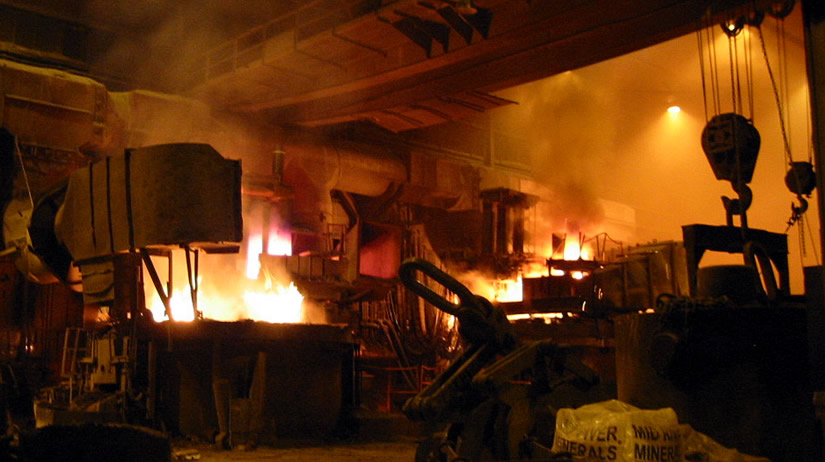Hi, my name is James and welcome to Code/Switch, today I want to talk about industrialization and its impact on Starfinder. This one’ll be a little shorter than most as this is more of an opinion piece rather than a data-heavy speculative article like last week’s article about draconic calorie requirements. Starfinders Armory dropped in August to much praise; we even reviewed it positively on KD: Beyond. In the Armory’s wake I realize I miss a silly concept from Pathfinder in regards to equipment, the masterwork quality.
Crafting in Starfinder is given some benefit, but the book extolls the benefits of mass production. Your homemade, artisan Doshko gains some hardness and your familiarity with the weapon allows you to fix it quicker than a mass produced weapon. These bonuses can’t be gained except if you get another artisan to produce the weapon, but you’ll lose the repair speed buff as you didn’t make that weapon. The masterwork quality in Pathfinder is just a money sink to your +1 longsword for all but the newest of adventurers, but these creations are worth much more to your average NPC, some Pathfinder Society Scenarios even featuring a masterwork weapon as a family heirloom. Starfinders tight math isn’t balanced to just throw around +1 to hit bonuses and I understand the games view on mass production, because it’s true.

The collapse of the post-gap artisan military industrial complex has been hard on blacksmiths and their hammers.
In arms manufacture, the mass production of firearm parts allowed designers to make more intricate, effective weapons. The evolution of firearms closely traces the industrial capabilities of the time and places they’d be manufactured. For example it’d be unfeasible to have a self-loading rifle without first being able to make ammunition that could withstand some crushing, can’t have your Henry Repeater with paper cartridges. The ability to mass produce firearms parts really pops off around the turn of the century, with firearms development making leaps and bounds from the 1880 through the First World War. In this conflict you can find examples of nations that had that ability versus those that didn’t. Click here for a little bit about Spanish manufacture of firearms for the French. Even non-warfare based things benefits from this mass production. When a person makes a gaming computer, there’s some craftsmanship involved, but that craft revolves around making the best use of standard, commercially available parts. The developers of Starfinder are totally right in their assessment that the benefits of mass production vastly outweighs individual craftsmanship.

Artisan, perfumed toilet paper does the same job as toilet paper bought from literally every place that isn’t a dollar store after all.
I still wish Starfinder had a way to denote personal or professional craftsmanship of our beloved arms and armor with mechanical benefits I’m excited to use. Seriously, whenever you look up the hardness and HP of your stuff you’re in for a bad time. Starfinder Armory took a positive step in this direction by including weapon manufacturers, up-sells for your gear that give them small boosts. Hopefully in the future Starfinder will give me a reason to spend some of my many skill points on Profession: Artisan Doshko-smith.







